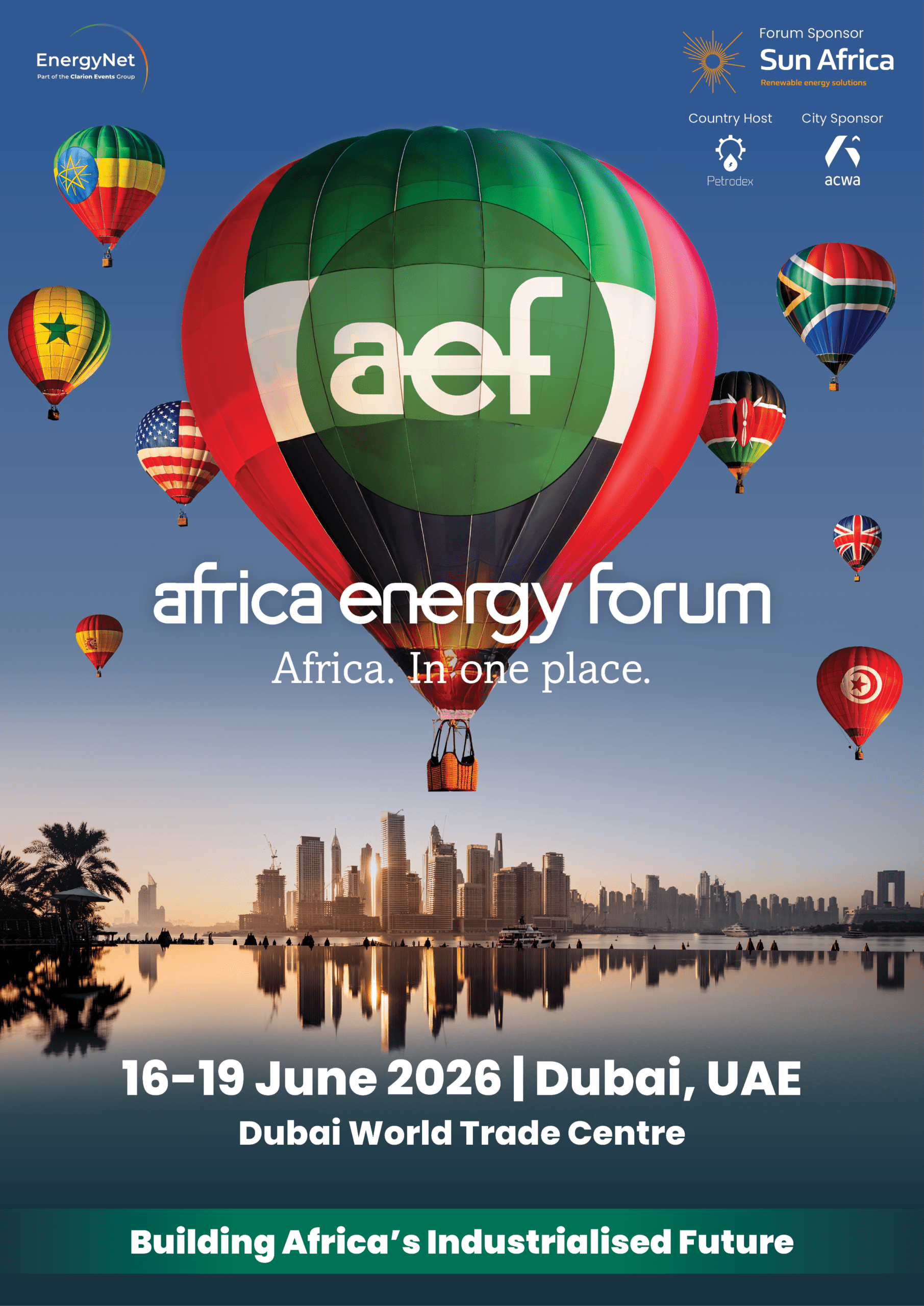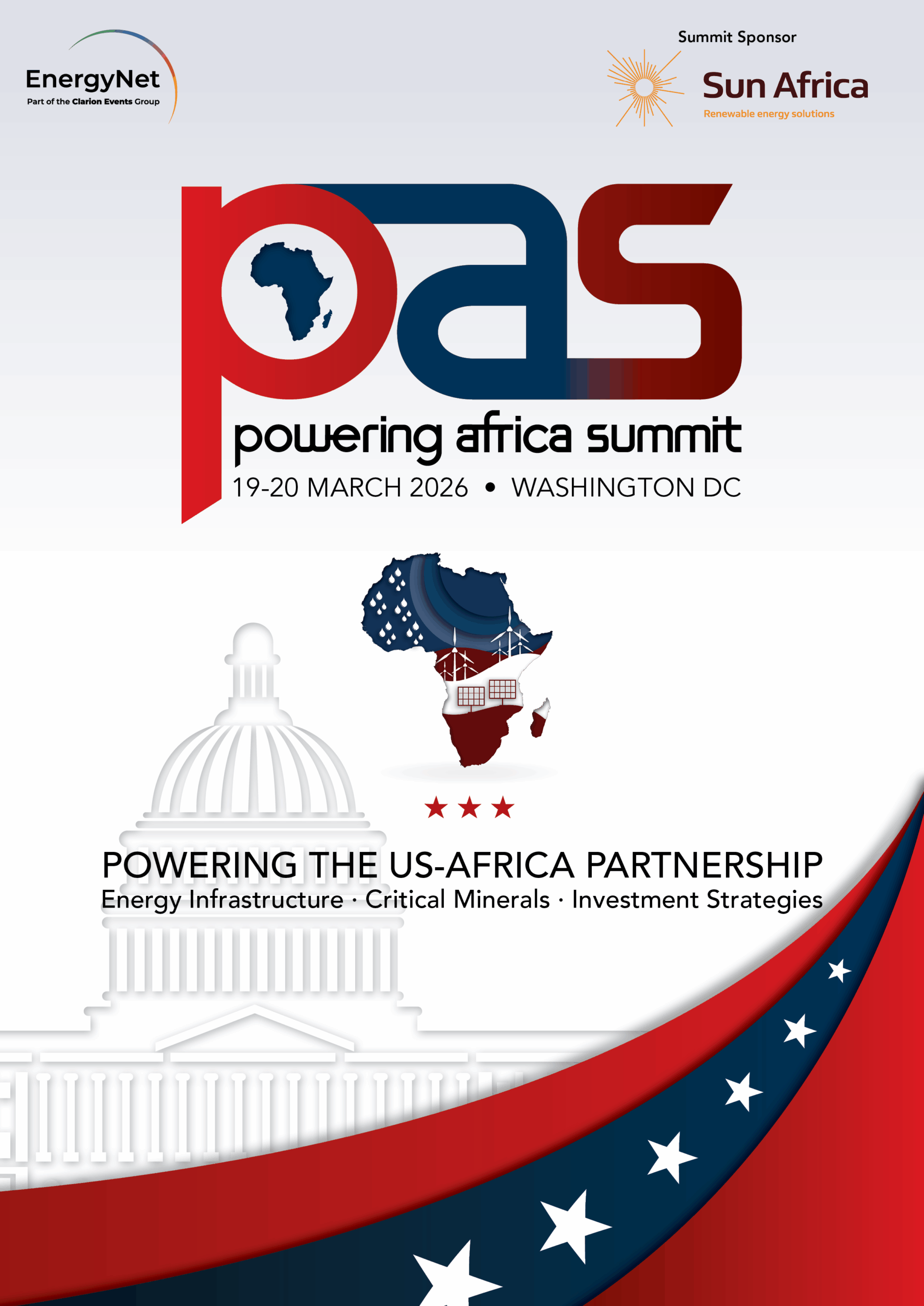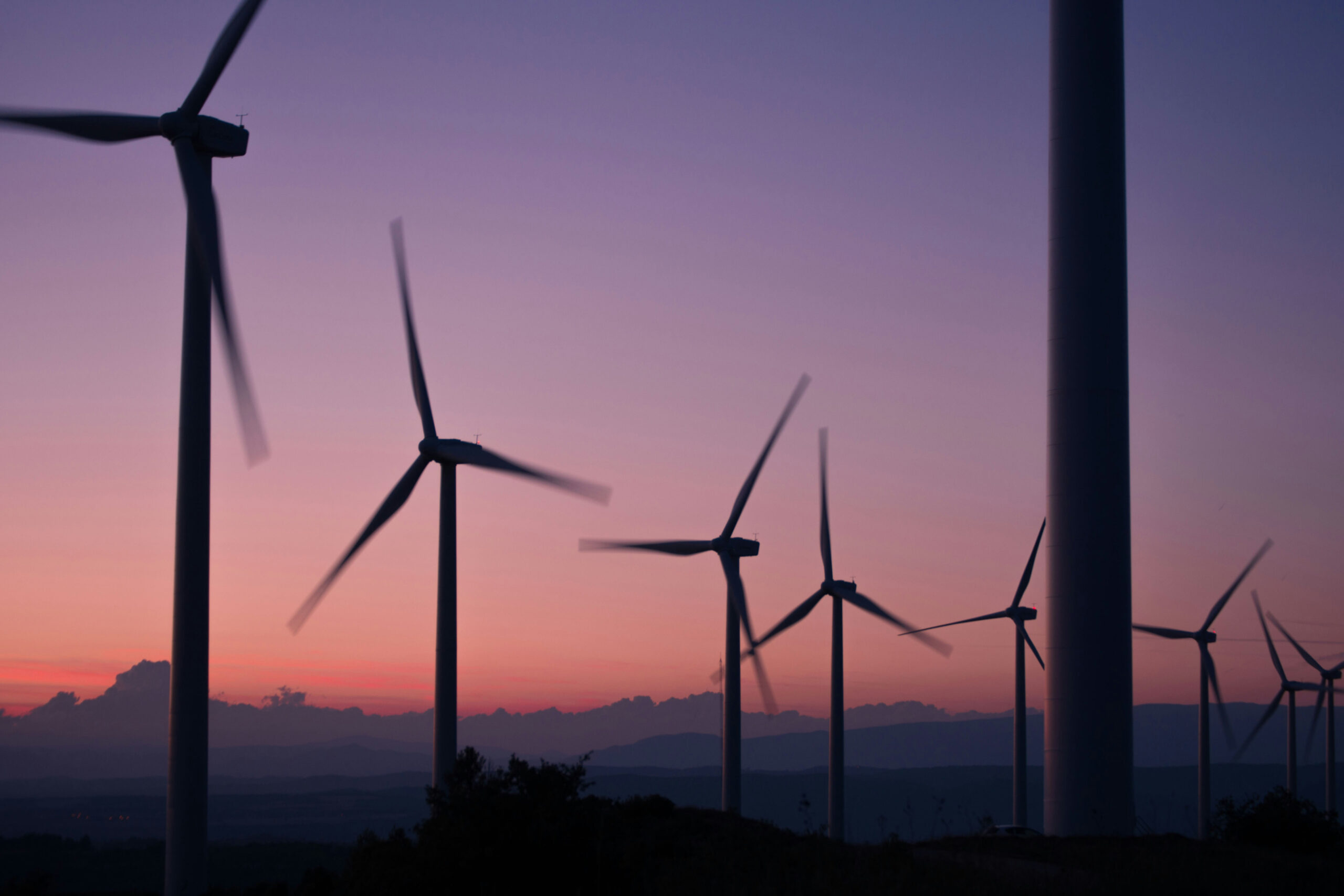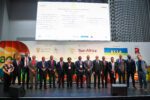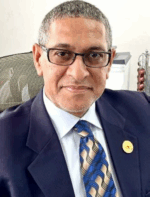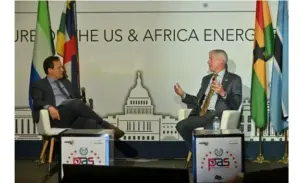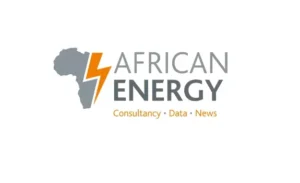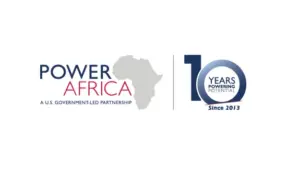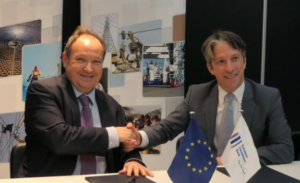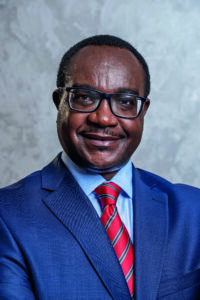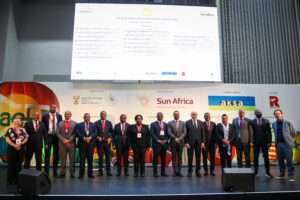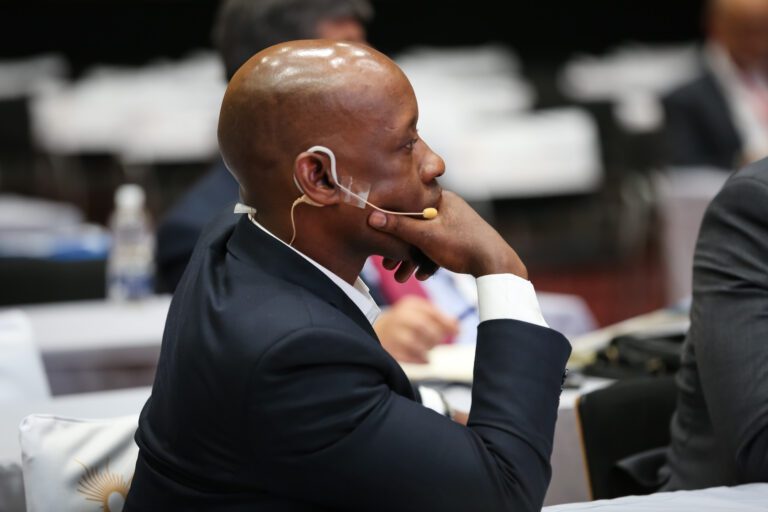
Mission 300 races against time to transform African economies
June 2025 | Africa Energy Forum
Mission 300’s ambitious drive to connect 300 million Africans to electricity by 2030 took on new urgency as development leaders warned they are in “a race against time” to deliver economic transformation alongside energy access.
The session, moderated by GEAPP’s Chianda Njogu, revealed how the initiative is fundamentally reshaping development finance by placing job creation and economic growth at its core rather than treating energy access as an isolated goal.
Andrew Herscowitz, CEO of Mission 300 Accelerator, framed the stakes bluntly: “Mission 300 is not just about energy, it’s about jobs. Arguably this is the most important session of aef – we are all here to help create jobs and transform economies.”
The numbers paint a sobering picture. TDB Group’s Admassu Tadesse highlighted the employment crisis underlying Africa’s energy challenge: “The issue really is time. We are in a race against time. We have been talking about access for well over a decade now, and the needle hasn’t moved enough. This is where Mission 300 is exciting – it talks about scaling up in a unique way.”
With 8-10 million people entering sub-Saharan Africa’s labour market annually but only around three million jobs available, the World Bank’s Yadviga Semikolenova emphasised that energy access must drive business growth. “Mission 300 is not just about connections,” she said. “It is about economic transformation and providing opportunities for countries to better themselves – the only way that happens is for businesses to grow and create jobs.”
AfDB’s Daniel Schroth provided the economic rationale, noting the stark correlation between electricity access and prosperity: “There is clearly a strong correlation between access to energy and economic growth. It’s also the case that countries which have almost universal or universal access to electricity typically have 3-5 times more GDP per capita than those which don’t.”
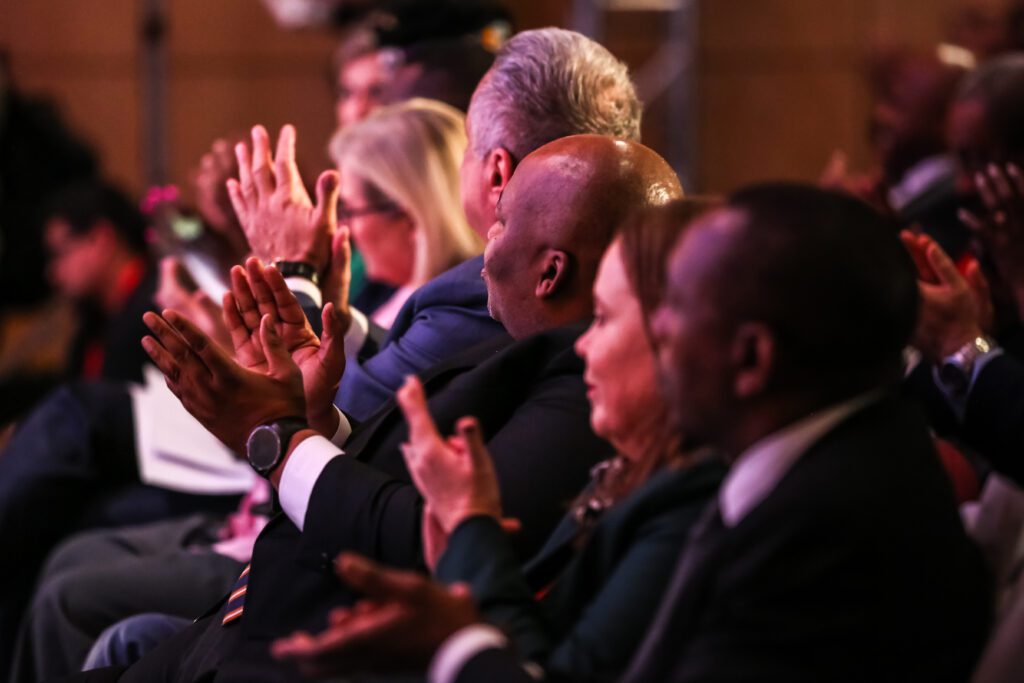
But Schroth warned against assuming automatic economic benefits from grid connections alone. “Growth doesn’t just happen exponentially as you install microgrids. Often we see overestimations of initial demand,” he said, highlighting the importance of layering complementary economic ecosystems to drive power usage.
The session showcased innovative approaches to productive energy use. In Uganda, the World Bank’s energy access scale-up project provides credit lines and technical assistance enabling small dairy businesses to purchase productivity-enhancing equipment, with 1,100 appliances purchased in just six months.
GOGLA’s Patrick Tonui highlighted off-grid solar’s employment multiplier effect, noting that one job in the off-grid renewable industry typically creates four additional jobs in rural areas that desperately need economic opportunities.
Yariv Cohen from Ignite Energy Access positioned energy access as a civil right while demonstrating practical solutions, citing success stories of families sharing solar pumps to enhance farming operations through modular, rapidly scaling solutions.
Mission 300’s differentiated approach focuses on high-level government commitment, coordinated development finance institution cooperation, and placing private sector delivery at the centre from project inception. This represents a marked departure from previous energy access initiatives, especially those which have treated private sector involvement as an afterthought.
For full coverage of the discussions and deeper insights into the industry leaders and stakeholders that came together at aef 2025, explore the Post Forum Report.


